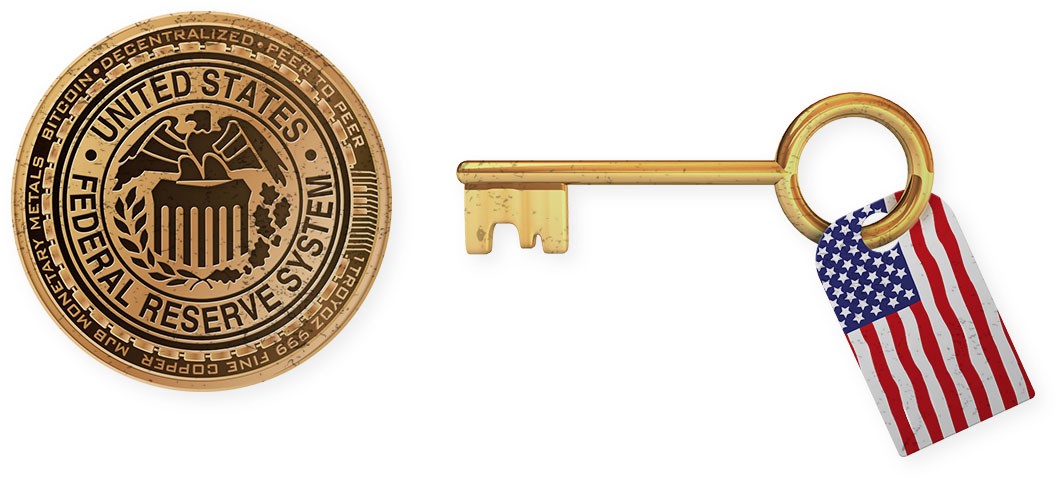PALO ALTO, Calif. (Reuters) - The Federal Reserve is taking a look at a broad series of concerns around digital payments and currencies, including policy, design and legal factors to consider around possibly issuing its own digital currency, Governor Lael Brainard stated on Wednesday. Brainard's remarks suggest more openness to the possibility of a Fed-issued digital coin than in the past." By transforming payments, digitalization has the potential to deliver higher worth and benefit at lower cost," Brainard stated at a conference on payments at the Stanford Graduate School of Business.
Reserve banks worldwide are discussing how to manage digital financing technology and the distributed ledger systems utilized by bitcoin, which guarantees near-instantaneous payment at possibly low expense. The Fed is establishing its own day-and-night real-time payments and settlement service and is presently evaluating 200 comment letters submitted late last year about the suggested service's style and scope, Brainard stated.
Less than 2 years ago Brainard informed a conference in San Francisco that there is "no compelling demonstrated need" for such a coin. But that was prior to the scope of Facebook's digital currency aspirations were commonly known. Fed officials, consisting of Brainard, have raised concerns about customer protections and data and privacy risks that could be positioned by a currency that could come into usage by the third of the world's population that have Facebook accounts.
" We are working together with other main banks as we advance our understanding of main bank digital currencies," she stated. With more nations looking into issuing their own digital currencies, Brainard stated, that includes to "a set of reasons to also be making sure that we are that frontier of both research and policy development." In the United States, Brainard said, problems that need research study include whether a digital currency would https://jeff-brown-recommendation-final-phase-of-5g-boom.autoinsurancehoustontx.net make the payments system safer or easier, and whether it might present monetary stability dangers, consisting of the possibility of bank runs if money can be turned "with a single swipe" into the central bank's digital currency.
To counter the monetary damage from America's extraordinary nationwide lockdown, the Federal Reserve has taken unprecedented steps, including flooding the economy with dollars and investing directly in the economy. The majority of these moves got grudging approval even from many Fed skeptics, as they saw this stimulus as needed and something only the Fed might do.

My new CEI report, "Government-Run Payment Systems Are Hazardous at Any Speed: The Case Versus Fedcoin and FedNow," details the threats of the Fed's current prepare for its FedNow real-time payment system, and propositions for main bank-issued cryptocurrency that have actually been dubbed Fedcoin or the "digital dollar." In my report, I talk about issues about personal privacy, data security, currency control, and crowding out private-sector competition and innovation.
Advocates of FedNow and Fedcoin say the federal government needs to create a system for payments to deposit quickly, rather than encourage such systems in the personal sector by raising regulatory barriers. However as noted in the paper, the private sector is supplying an apparently unlimited supply of payment technologies and digital currencies to resolve the problemto the level it is a problemof the time space in between when a payment is sent out and when it is received in a checking account.
And the examples of private-sector innovation in this area are many. The Clearing Home, a bank-held cooperative that has actually been routing interbank payments in numerous types for more than 150 years, has been clearing real-time payments because 2017. By the end of 2018 it was covering 50 percent of the deposit base in the U.S.